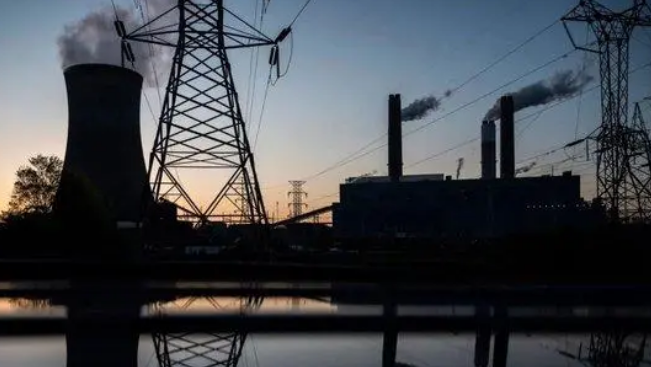Boiler Definition
A boiler is a device that uses heat from fuel combustion or other sources to heat water or other working fluids, producing steam, hot water, or other fluids with specific parameters, such as temperature and pressure. Boilers are widely used in heating systems, industrial production, and power generation.
Boiler Function
The main function of a boiler is to convert the chemical energy of fuel or other heat sources into thermal energy. This energy heats water or other working fluids, generating steam, hot water, or other heat carriers. These carriers can directly supply the thermal energy needed for industrial processes and daily life or be converted into mechanical energy via steam turbines, which can then generate electricity.
The functions of a boiler include, but are not limited to:
Heating. Boilers can provide hot water and steam for household heating, including domestic hot water and bathing.
Industrial Production. In industrial settings, steam generated by boilers provides cooling, power, and other services to various equipment, commonly used in ships, locomotives, and mines.
Power Generation: In thermal power plants, boilers are a key component. They use heat from fuel combustion to heat water, converting it into high-temperature, high-pressure steam. This steam drives turbines, which generate electricity.
Boiler Working Principle
A boiler’s working principle involves several systems, including the fuel system, flue gas system, and water-steam system. For example, in a coal-fired boiler:
Fuel System. Coal is screened, crushed, and ground into powder, mixed with hot air, and sent to the furnace for combustion.
Combustion System. Inside the furnace, the coal powder burns in air, releasing heat energy. This energy is transferred to the heating surfaces, such as the water-cooled wall, through radiation and convection.
Water-Steam System. Heat is absorbed by the heating surfaces, turning water into steam. This steam is further heated and processed through components like economizers and superheaters, resulting in superheated steam with specific temperature and pressure.
Flue Gas System. Combustion generates high-temperature flue gas, which transfers heat to the heating surfaces as it flows through the flue. The cooled flue gas is then cleaned by dust collectors before being released into the atmosphere.

About Us
Shandong Bokk Tech is dedicated to solve the problem such as ash blockage, corrosion and excessive exhaust gas temperature in the tubular air preheater of small and medium-sized boilers. We primarily manufacture automatic cleaning devices for tubular air preheaters and corrosion-resistant heat pipes. Our products are widely used in the thermal power plants, chemical plants, new energy sector, etc.
We offer customized services to customers around the world, allowing us to adjust product dimensions and other specifications based on your specific needs, to improve air preheater heat efficiency.
Share The Post
